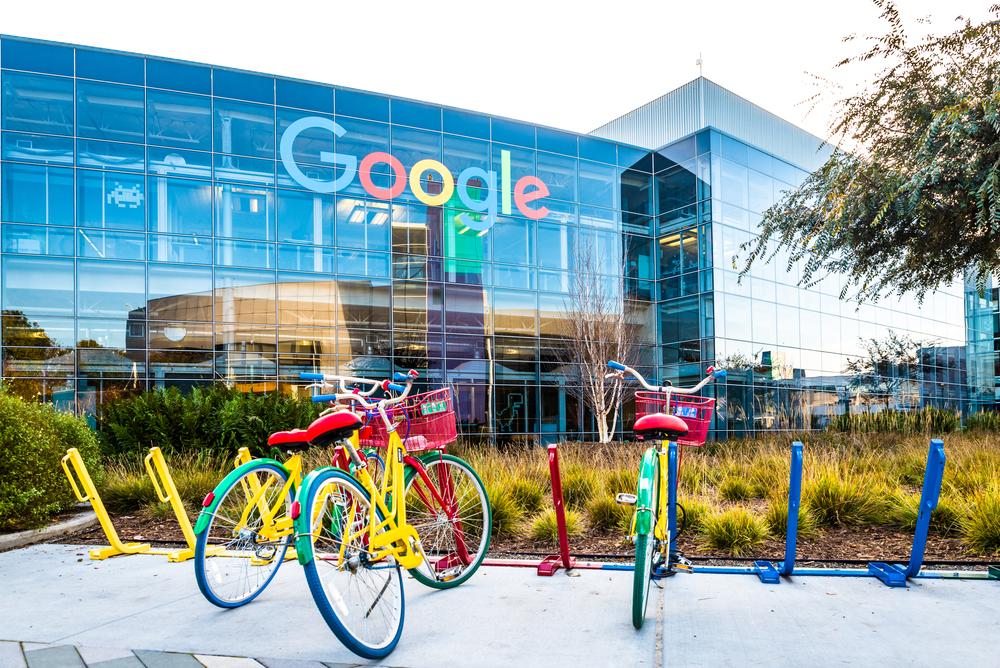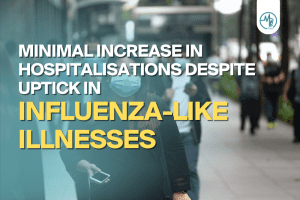In the swiftly evolving field of artificial intelligence (AI), Google’s Med-PaLM is making a significant entrance.
Developed as an AI-powered medical chatbot, Med-PaLM is giving stiff competition to tech behemoths like Microsoft, the backer of OpenAI’s ChatGPT. Unlike ChatGPT, which has been widely released, Google’s Med-PaLM is still under wraps and hasn’t yet been made available to the general public.
Med-PaLM: A Landmark Achievement
Med-PaLM, according to Google, has recently scored a passing grade on the US Medical Licensing Examination (USMLE), making it the first AI language model to do so. This AI technique, trained on substantial amounts of human text, has demonstrated its capabilities in the medical field. It’s noteworthy to mention that the USMLE passing grade sits around the 60% mark.
How Does Med-PaLM Compare?
When matched up against its counterpart, ChatGPT, Med-PaLM’s performance stands out. A recent study detailed ChatGPT’s near-passing score. However, Google’s AI chatbot, Med-PaLM, upped the game with a 67.6% score on USMLE-style multiple-choice questions. This result comes from a peer-reviewed study, published in the prestigious journal Nature.
Addressing the Elephant in the Room
Despite the encouraging results, experts have raised valid concerns. James Davenport, a computer scientist at the UK’s University of Bath, accentuated the clear distinction between simply answering medical questions and actual medical practice, which encompasses diagnosing and treating authentic health issues.
Anthony Cohn, an AI specialist at the UK’s Leeds University, echoed this sentiment. He highlighted the persistent problem of “hallucinations” – false information generated by AI models. Cohn argued that, given their statistical nature, large language models like Med-PaLM will likely always be prone to this issue. As such, he recommends these models be considered as aids, not final decision-makers in healthcare scenarios.
Future Perspectives
These concerns aside, Google’s Med-PaLM appears to hold significant promise. Karan Singhal, a lead Google researcher, suggested that Med-PaLM could offer valuable assistance to medical professionals. This is done by presenting alternative perspectives that may have been overlooked otherwise.
Further optimism comes from the progression to Med-PaLM 2. This updated version of the AI model exhibited substantial growth, achieving a score of 86.5% on the USMLE exam, as reported in a preprint study released in May. This significant improvement indicates a potential shift in the capabilities of AI tools in healthcare.
Testing in the Field
Recently, The Wall Street Journal reported that Med-PaLM 2 has been under trial at the esteemed US Mayo Clinic research hospital since April. Although these trials are an exciting development, Singhal clarified that any testing is strictly non-clinical. These AI models are aimed at automating administrative tasks rather than patient-facing interactions, ensuring no harm to patients.
Conclusion: A Promising Yet Cautious Future
In conclusion, while Google’s Med-PaLM is making exciting advances in the AI field, there is a unanimous note of caution within the medical community. AI models like Med-PaLM and Med-PaLM 2 are seen more as assistants to human practitioners rather than as standalone decision-makers. Concerns around the propagation of false information, or “hallucinations”, remain prominent.
Despite this, the remarkable performance of these AI tools suggests a bright future for AI’s role in healthcare. With continual improvement and rigorous testing, these AI models might significantly streamline administrative processes and provide valuable insights to healthcare professionals, potentially revolutionising the industry as we know it.














